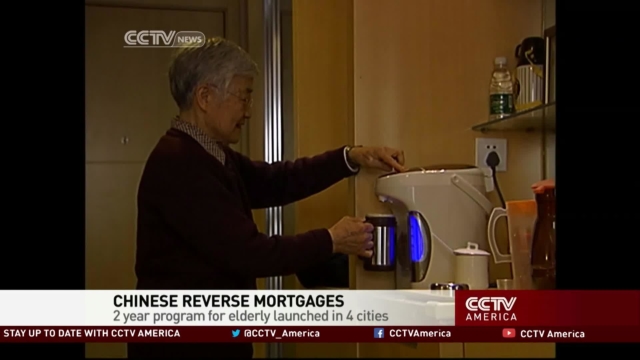Well reverse mortgages are common in many developed countries around the world. You’ve likely heard of them in the U.S.
It’s a deal generally for older citizens to use their home as collateral to receive regular payments from insurers. This may sound a bit morbid, but a reverse mortgage may be a good deal for those who live long, as the payments usually continue until the mortgage holder dies.
China’s insurance regulator announced that it will start a two-year pilot program in July covering four cities, including Shanghai and Beijing. The program is for Chinese citizens who are 60 and older.
China is exploring new ways to support its aging population, because even for people who have a pension, the rising cost of living means those pensions won’t necessarily be enough to cover expenses or medical bills.
Isn’t it generally the case in China that the younger generation looks after their parents and supports them.
Yes filial piety is indeed a key part of the social fabric here, but again the rising cost of living creates a challenge especially when China’s long-time one-child policy means there are fewer children to look after the parents.
According to official figures from February, China had more than 200 million people over the age of 60 that’s 15 percent of the total population.
This is creating a huge demand also on the so-called silver industry, including senior citizen homes and communities, and medical staff to support the elderly. But we’ll have to see how popular this new reverse mortgage pilot program is and whether funds from that will further support this new silver industry here.
CCTV’s Jane Lee reports.

 CGTN America
CGTN America
